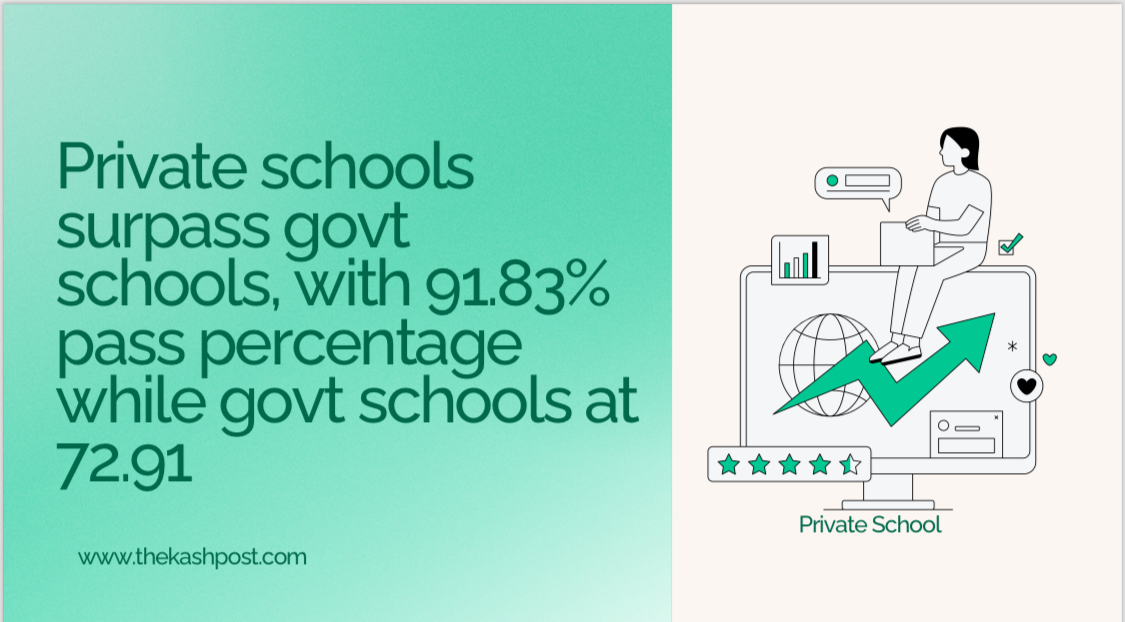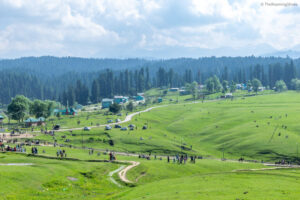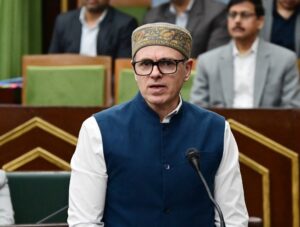Addressing Disparity in Education: A Call for Reform in J&K Government Schools.

In the pursuit of equitable education, the performance of government schools often becomes a focal point for policymakers and educators. While some regions witness remarkable progress in public education, others grapple with persistent challenges. The recent examination results from Jammu and Kashmir (J&K) underscore this divergence, raising concerns about the quality of education in government-run institutions compared to their private counterparts. Drawing parallels with New Delhi, where government schools have shown commendable improvement, the situation in J&K presents a stark contrast.
In the national capital, government school students have outperformed their private school counterparts in the 12th-grade examinations, indicating a significant stride towards enhancing the quality of public education. However, the scenario in J&K tells a different story, with private schools consistently outshining government schools by a substantial margin, with a difference of nearly 12% in academic performance. This discrepancy in academic outcomes prompts a critical examination of the educational landscape in J&K. Despite possessing qualified faculty members, government schools in the region struggle to match the academic standards set by private institutions. This incongruity warrants a multifaceted approach to address the underlying issues plaguing the public education system. Firstly, investment in infrastructure and resources is paramount to create an environment conducive to learning. Many government schools in J&K grapple with inadequate facilities, hindering students’ access to quality education. By allocating sufficient funds for infrastructure development and ensuring the availability of essential resources such as textbooks and learning materials, the government can lay the groundwork for academic excellence. Additionally, professional development programs must be instituted to empower teachers with innovative teaching methodologies and pedagogical skills. While the qualifications of government school teachers in J&K are commendable, continuous training and upskilling initiatives are essential to equip them with the tools necessary to deliver high-quality instruction effectively. Furthermore, fostering community engagement and parental involvement can foster a supportive ecosystem for students’ academic growth. Collaborative efforts between schools, parents, and local stakeholders can enhance accountability and promote a culture of academic excellence within government schools.
In conclusion, bridging the gap in academic performance between government and private schools in J&K necessitates a concerted effort from policymakers, educators, and the community at large. By addressing systemic deficiencies, investing in teacher training, and fostering a supportive learning environment, the government can realize its vision of providing equitable and quality education to all students in the region. Only through collective action and sustained commitment can J&K pave the way for a brighter future for its government school students.
Improving the quality of education and enhancing extracurricular offerings in government schools is crucial for ensuring equitable access to quality education for all children. While some parents opt for private schools due to perceived advantages, such as better facilities and resources, many cannot afford this option. By investing in and prioritizing the enhancement of government school systems, policymakers can create an educational landscape where all parents feel confident in enrolling their children in public institutions, leading to a more equitable and inclusive society.





